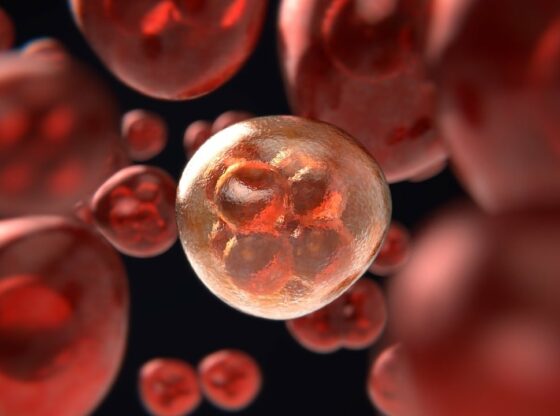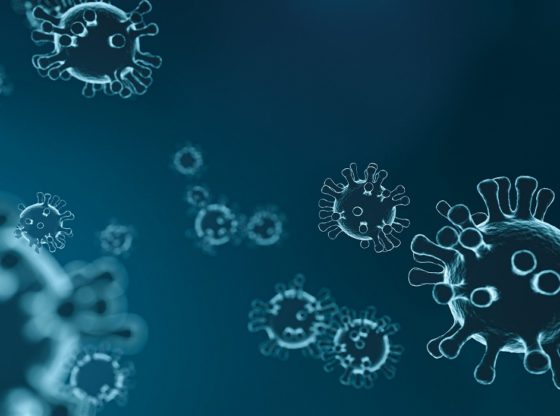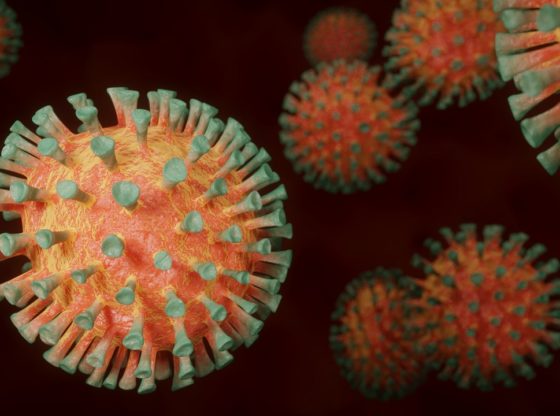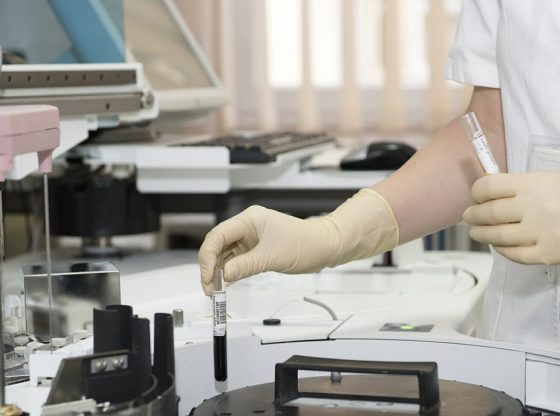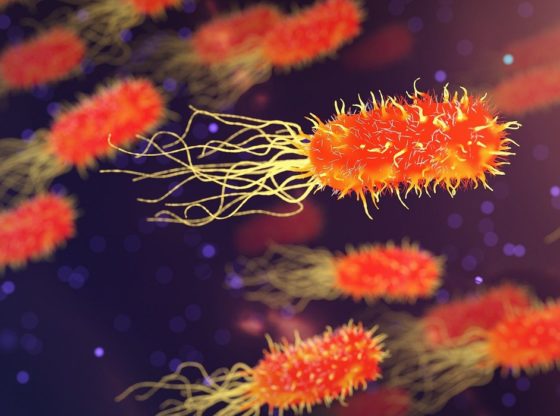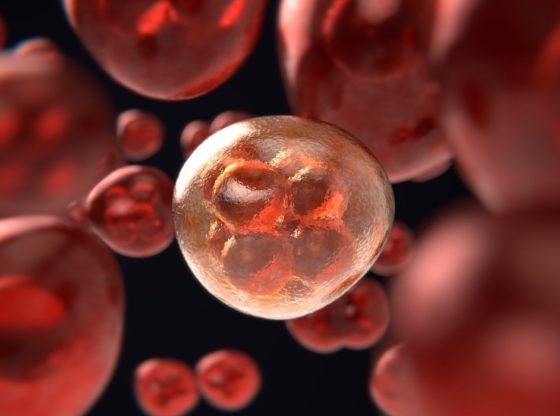Inflammation in the gut seems to be a key mechanism for how bacteria evolves new features, and why we are seeing the emergence of new, aggressive intestinal bacteria.
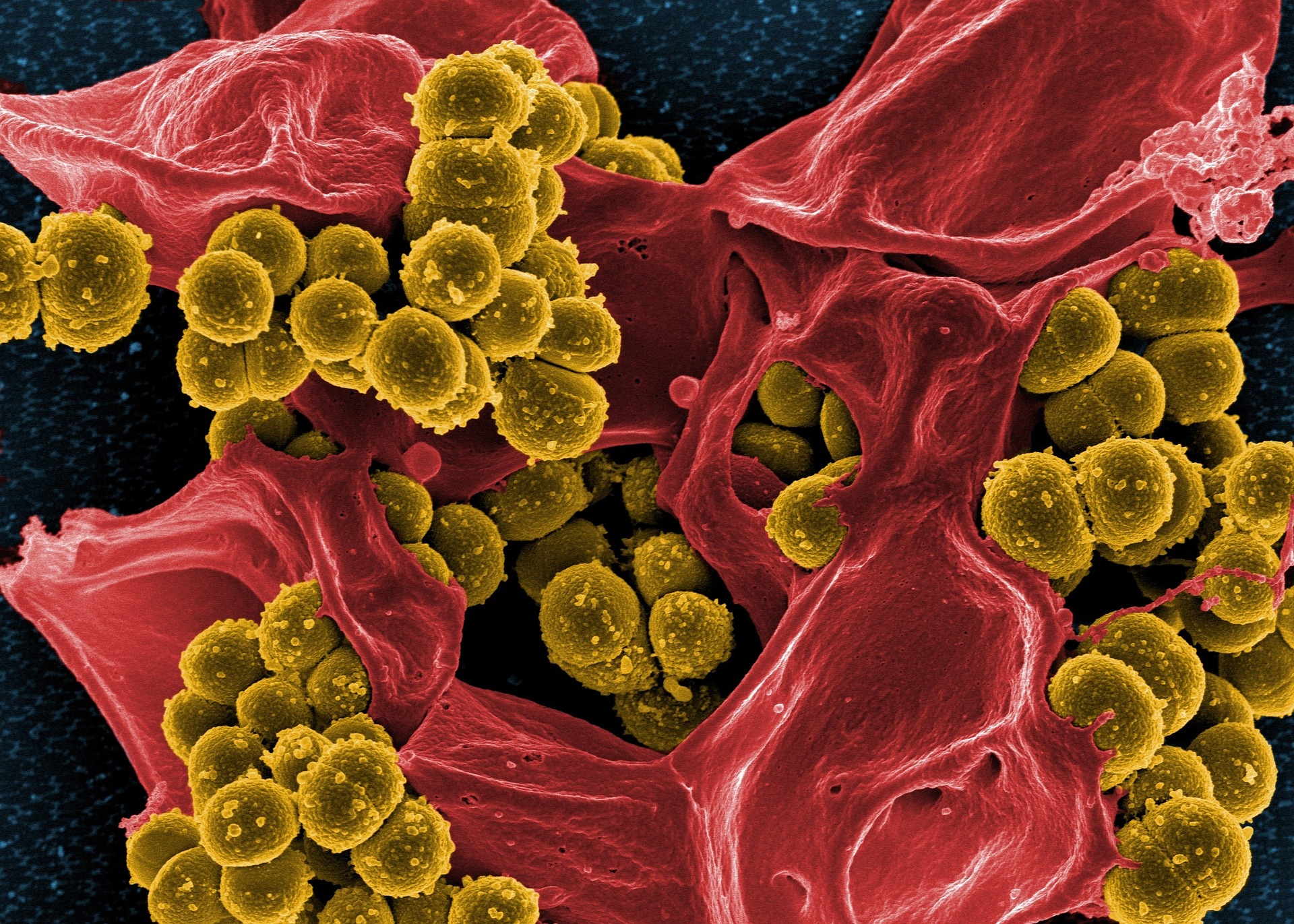
It is known that bacteria in our intestines can exchange genetic material with each other and thus give rise to new, even more, dangerous bacteria.
But it is the inflammation, and the substances released by the immune system when the intestine is inflamed, that appears to enable this exchange.
Scientists have been studying salmonella bacteria in the intestines of mice and were able to observe how an inflammation of the intestine increased the exchange of genetic material between bacteria more than 10,000 times.
The discovery would suggest that a vaccine with dead bacteria, preventing inflammation in the intestine, could ultimately prevent or at least mitigate the appearance of new dangerous bacterial strains.
Several hundred million people are infected with salmonella bacteria worldwide each year.
Reference:
Médéric Diard et al, 2017. Inflammation boosts bacteriophage shuttle between Salmonella spp. Science. Doi: 10.1126 / science.aaf8451

